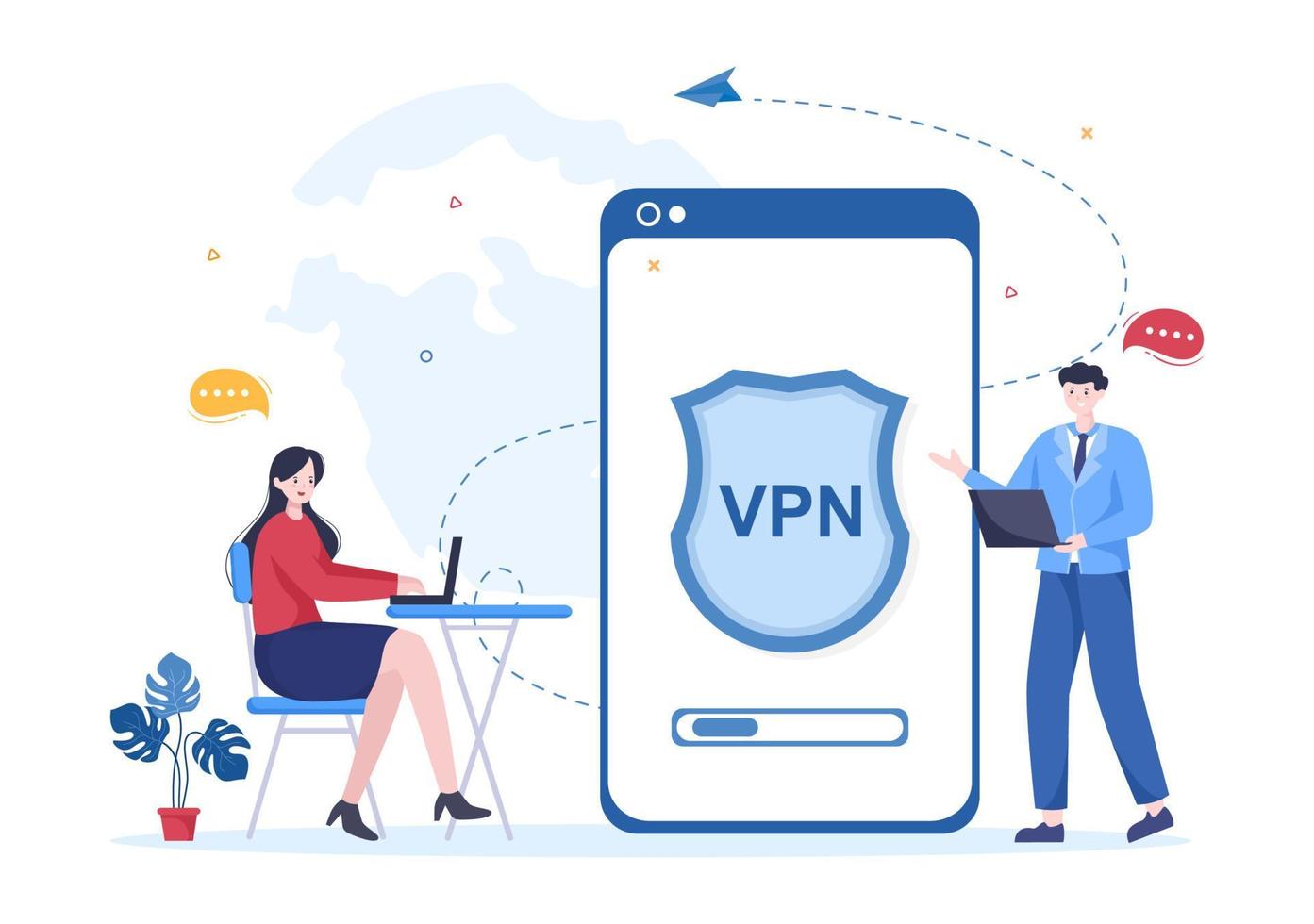In an age where digital transactions are becoming the norm, protecting oneself while engaging in online banking or shopping is imperative. I have developed a systematic approach to safeguarding my financial transactions using Virtual Private Networks (VPNs). This article details my methodology and provides actionable insights to enhance your security when dealing with financial data.

Understanding VPNs
A VPN creates a secure and encrypted tunnel between your device and the internet. This not only masks your IP address but also protects your data from potential threats. I realized the importance of using a VPN for financial transactions when I previously encountered issues with unsecured network connections that exposed my sensitive information.
✅ Current deal: 🔥 Get NordVPN with up to 75% OFF! 🔥
Choosing the Right VPN Provider
When selecting a VPN, it’s crucial to choose a provider that emphasizes security. I personally evaluate several key factors:
- Encryption Standards: Look for VPNs that offer strong encryption protocols like OpenVPN or WireGuard. These ensure that your data remains secure while in transit.
- No-Log Policy: A trusted VPN provider should have a strict no-log policy, meaning they do not store any activity logs. I prefer services that have been independently audited to verify such claims.
- Kill Switch Feature: This feature automatically disconnects your internet if the VPN connection drops. I have found this to be essential for maintaining security during unexpected disconnections.
Setting Up the VPN
Once I select a suitable VPN, setting it up is usually straightforward. I download the application, follow the installation prompts, and log in with my credentials. I ensure that the VPN is configured to start automatically whenever my device boots up. This way, I have peace of mind knowing I’m protected without the added step of manual activation each time.
Configuration Tips
Configuring the VPN correctly enhances security. I always make the following adjustments:
- Enable the Kill Switch feature.
- Select a server in a location with strong privacy laws.
- Disable features that might expose my identity, such as WebRTC.
Connecting to Secure Networks
Using a VPN is particularly critical when connecting to public Wi-Fi networks. I avoid conducting any financial transactions while connected to these unsecured networks. If I find myself needing internet access in such a place, I ensure my VPN is activated before connecting. This adds an additional layer of security, as the VPN encrypts my connection and makes it much harder for hackers to intercept any sensitive information.
✅ Current deal: 🔥 Get NordVPN with up to 75% OFF! 🔥
Payment Method Security
Even with a VPN, it’s wise to use secure payment methods. I often rely on virtual credit cards or payment services like PayPal when making online purchases. These options provide an additional layer of anonymity and security while minimizing the risk of exposing my actual credit card information.
Understanding Threats
I believe it is vital to be aware of the potential threats that can compromise financial transactions. These include:
- Phishing Attacks: Cybercriminals often use deceptive emails or messages to trick users into providing sensitive information. I stay vigilant and verify the legitimacy of any communication before clicking on links or providing any details.
- Man-in-the-Middle Attacks: These attacks occur when someone intercepts communication between my device and the server. Using a VPN aids considerably in preventing such scenarios by encrypting my data.
Regularly Updating Software
Keeping all software up-to-date is another practice I uphold. This includes not only the VPN application but also my operating system and any antivirus software. Outdated software often contains vulnerabilities that can be exploited by malicious attacks. I check for updates at least once a month to ensure everything is running smoothly and securely.
Beware of Free VPNs
While the allure of free VPN services may be tempting, I have learned to steer clear of them for financial transactions. Free services often compromise on security measures, and some may even sell user data to third parties. It’s worth investing in a reputable paid VPN provider, as this ensures better protection for my sensitive financial information.
Tips for Safeguarding Financial Transactions
To help others safeguard their financial transactions effectively, I have compiled a list of tips that I believe can significantly enhance one’s online security:
- Always Use a VPN: Whether at home or on public Wi-Fi, ensure you’re connected to a VPN before making any financial transactions.
- Select a Reputable VPN Provider: Invest time in researching VPN providers with robust encryption and a proven track record.
- Utilize Strong Passwords: Make use of complex, unique passwords for all financial accounts. Use a password manager to help in managing these securely.
- Enable Two-Factor Authentication (2FA): Whenever possible, activate 2FA for an added layer of security on financial accounts.
- Be Cautious of Links: Always verify links in emails before clicking. Protect yourself from phishing attacks by confirming authenticity.
- Monitor Bank Statements Regularly: Review your bank and credit card statements regularly to identify unauthorized transactions quickly.
Conclusion
My approach to safeguarding financial transactions using VPNs has proved invaluable in my journey toward better online security. By selecting a robust VPN provider, configuring settings properly, and staying vigilant against potential threats, I feel secure in conducting my financial activities. Remember that cybersecurity is a continuous process; staying informed and proactive is key. Implementing these strategies will go a long way in protecting your sensitive information and ensuring peace of mind during your online transactions.
Affiliate Disclosure: By clicking on our links, we may earn commissions at no additional cost to you.